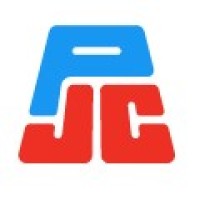
Kingfisher plc
Kingfisher plc is an international home improvement company with over 2,000 stores, and operations in eight countries across Europe. We operate under retail banners including B&Q, Castorama, Brico Dépôt, Screwfix, TradePoint and Koçtaş, supported by a team of over 78,000 colleagues. We offer home improvement products and services to consumers and trade professionals who shop in our stores and via our e-commerce channels. Better Homes. Better Lives. For Everyone. At Kingfisher, we believe a better world starts with better homes and we strive to help make that happen. As a Group, we use our core strengths and commercial assets, and we power our retail banners to address the significant growth opportunities that exist within the home improvement market #PoweredByKingfisher






